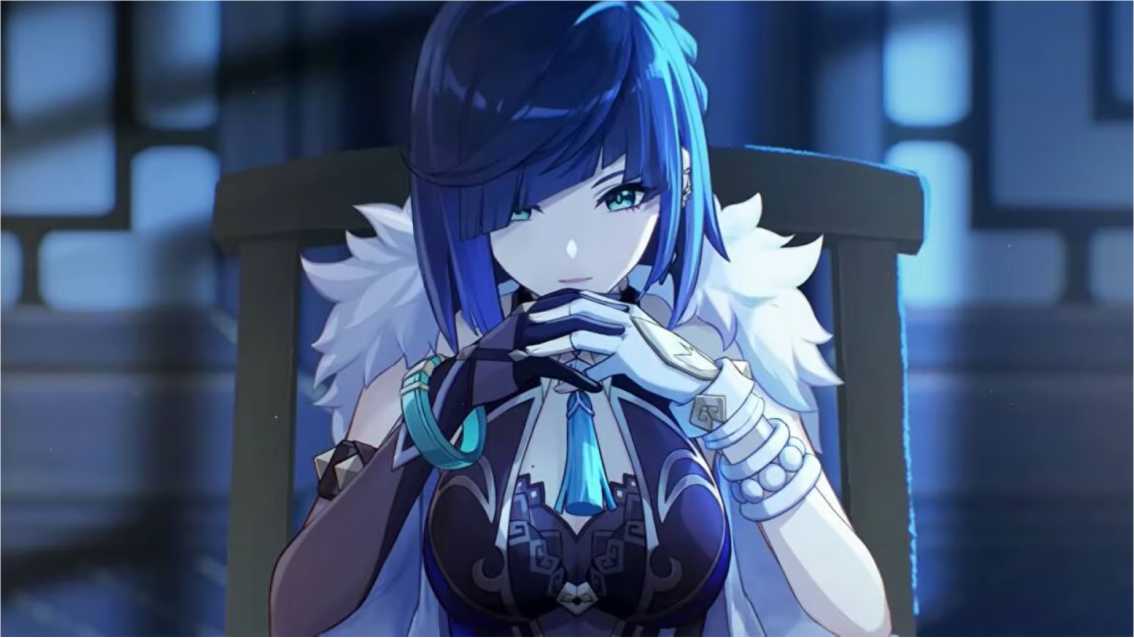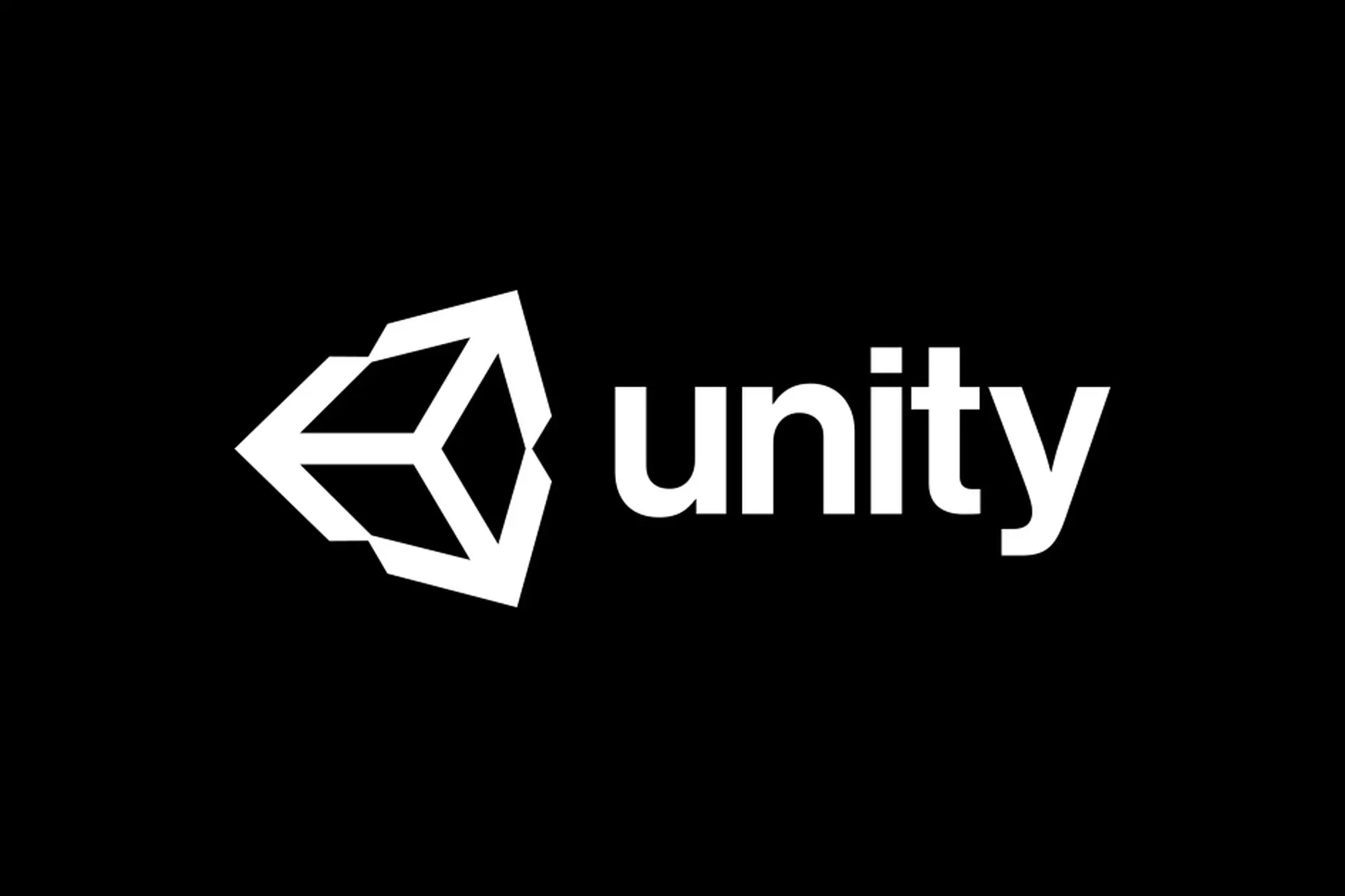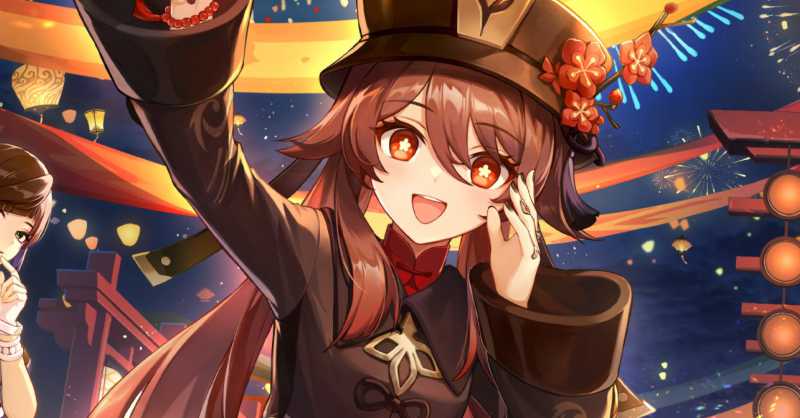Unity Announces Installation-Based fee

Unity Announces Installation-Based Billing, and Players Suspect Genshin Impact as the Cause! The gaming world shook today with the news that Unity would start charging game developers per installation of their games, rather than a sales-based fee model.
But… what is Unity? Developers? Installations? If you don’t understand any of this, I’ll explain briefly. You know the games you love to play? They’re created with software, and this software is called “Engines.”
Take, for example, the game Persona 3 Reloaded, which was announced and is set to release on February 2nd. It was developed using Unreal, which is a program we call an “engine.”
Normally, at least from what I’ve seen, engines make money from game developers based on the sales their games generate. However, Unity, one of the most popular engines, has announced a change in its billing policy.
Unity Announces Installation-Based fee
Earlier today, the Unity engine, widely used by many developers, announced a significant change in its billing system: they would start charging a fee per game installation!

Initial reactions were quite negative, with people arguing that if you buy a game and install it on your PC, console, or mobile device, that counts as 3 installations, meaning developers would have to pay 3 fees.
Some smaller development studios issued official statements, indicating that if Unity doesn’t reconsider its stance, they may have to abandon Unity. AGGRO CRAB released a statement, expressing how detrimental this change is for small developers.
SIGH pic.twitter.com/YgJEKGVQEI
— AGGRO CRAB (@AggroCrabGames) September 12, 2023
Players Suspect Genshin Impact as the Cause
Now, let’s be honest for a moment: there are some games that use Unity and generate billions, even trillions of dollars, games you can download for free and then pay for in-game items.

Here’s a list of highly profitable games that use Unity, according to some Twitter posts:
- Genshin Impact
- Honkai Star Rail
- Fate/Grand Order
- Fall Guys
As you can see, these are games you can download for free, but players end up spending a lot on in-game purchases.
So, what some players suppose is that Unity sees these free games raking in billions, even trillions, while Unity gets a smaller share.
Therefore, the logic some players follow is that Unity decided to charge for installations because of these games, like Genshin Impact and Fate/Grand Order. Obviously, this is just a fan assumption!
Unity Clarifies the New Billing System
After all the initial controversy surrounding the new installation-based billing, as well as questions raised, Axios reached out to Unity, who clarified some aspects of the new billing policy.
According to the website, only the “initial installation” of a game will incur a fee. Demo installations won’t count towards the charges.
As for Game Pass and other subscription services, it was clarified that developers wouldn’t be responsible, as the fees would be charged to distributors, with Microsoft being the example for Game Pass.
Unity stated that they continue to review all the feedback received and will strive to launch an improved service. It’s worth noting that Unity’s CEO, John Riccitiello, stated last year that developers who don’t make use of all available monetization features are “damn idiots.”
Read More on Crazy for Anime Trivia



